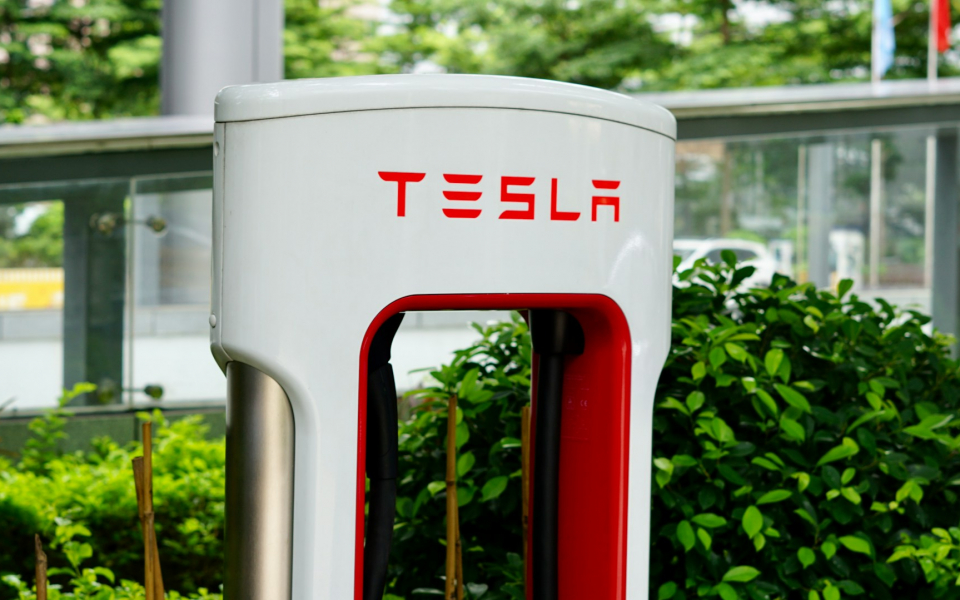EV giant Tesla Inc.
What Happened: The V4 Cabinet, Tesla said, supports 400V-1000V vehicle architectures and is capable of delivering up to 500kW for cars and 1.2 MW for the company's upcoming Semi. It powers 8 posts and twice the stalls per cabinet.
"Our first sites with V4 Cabinets are going into permitting now. First openings in 2025," Tesla said in a post on X.
While Tesla launched its V4 posts last year, it was still using a V3 cabinet, limiting power output.
"There's great engineering behind the V4 system that enables faster charging speeds, lower deployment costs, more efficient power conversion, and higher power density. These benefits for Tesla Semi customers will be a key part of scaling electric trucking," Senior Manager for Semi Truck Engineering Dan Priestly said in a post on X.
The new V4 cabinet can also enable charging the company's Cybertruck 30% faster, the company said.
Max de Zegher, Tesla's Director of Charging, North America, highlighted the efficiency improvements of the new V4 Cabinet, saying, "Even some of the small incremental improvements matter. V4 Cabinet has a 2% efficiency improvement. Superchargers already deliver over 5 TWh/year, 100 GWh/year in waste heat that can be saved."
This is equivalent to the annual electricity usage of over 9,000 households in the U.S. on average, according to data from the U.S. Energy Information Administration.
Why It Matters: As of the end of the third quarter, Tesla had 6,706 supercharger stations around the globe and 62,421 connectors.
During Tesla's annual shareholder meeting in June, Tesla CEO Elon Musk slammed rumors of the death of its supercharger network following a major layoff in April as "greatly exaggerated." Tesla will invest $500 million in expanding the network this year, Musk then said.
Tesla's company-wide layoffs in April impacted 500 members of the supercharging team and Rebecca Tinucci, Tesla's then Senior Director of Charging Infrastructure, left the company.















